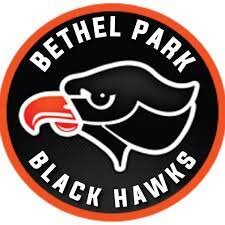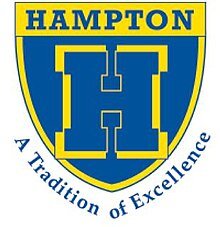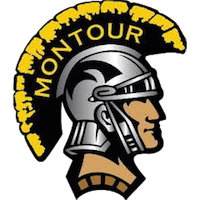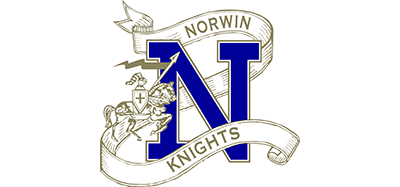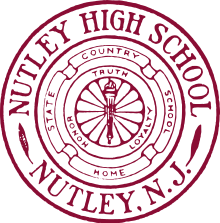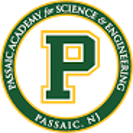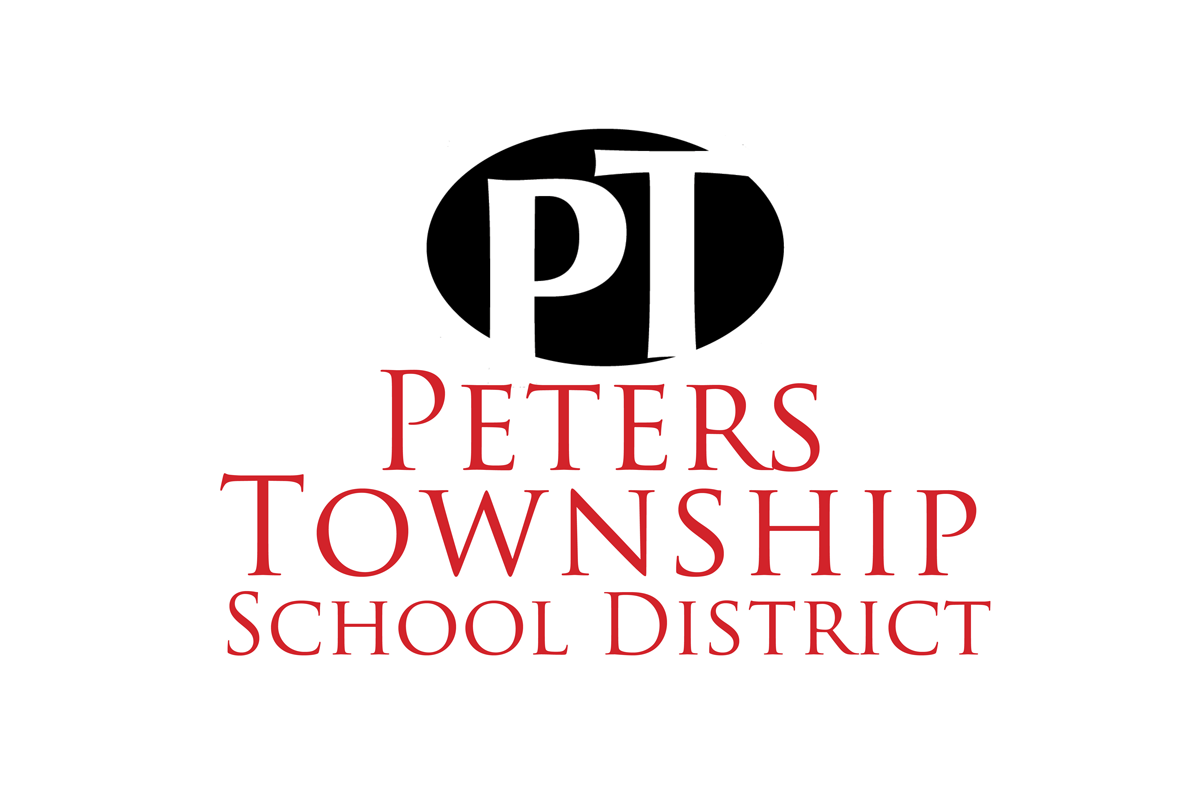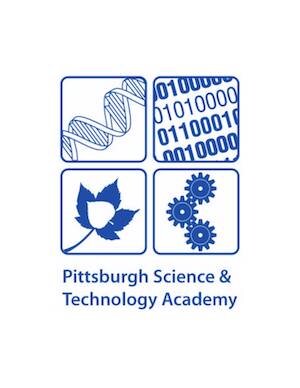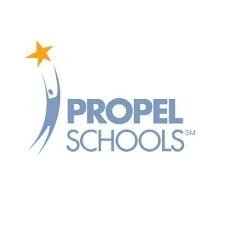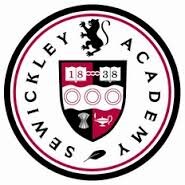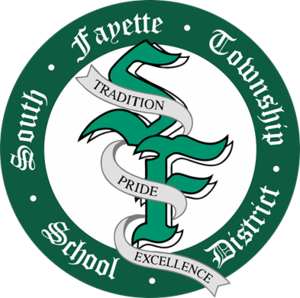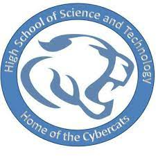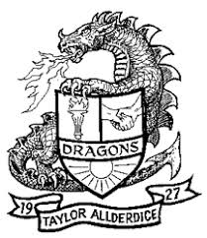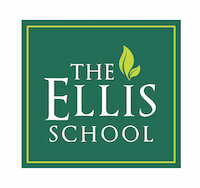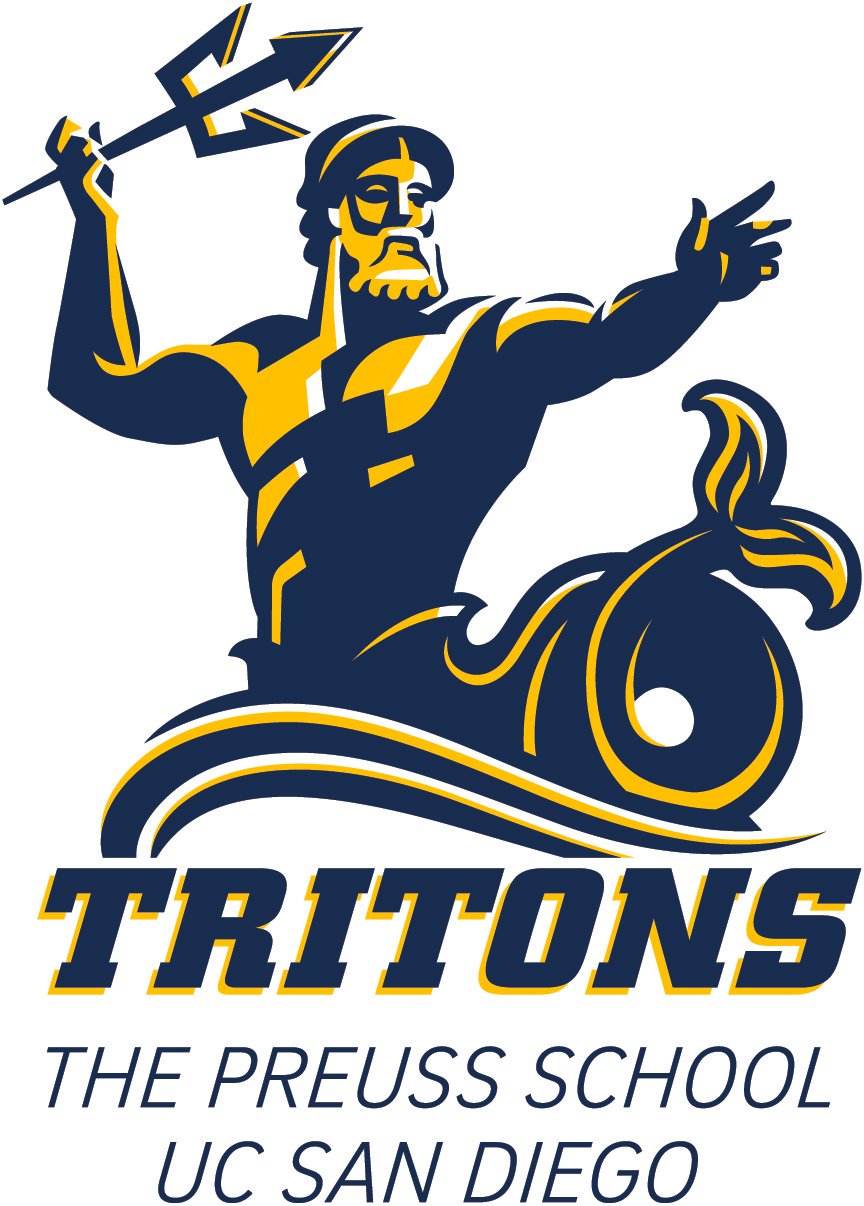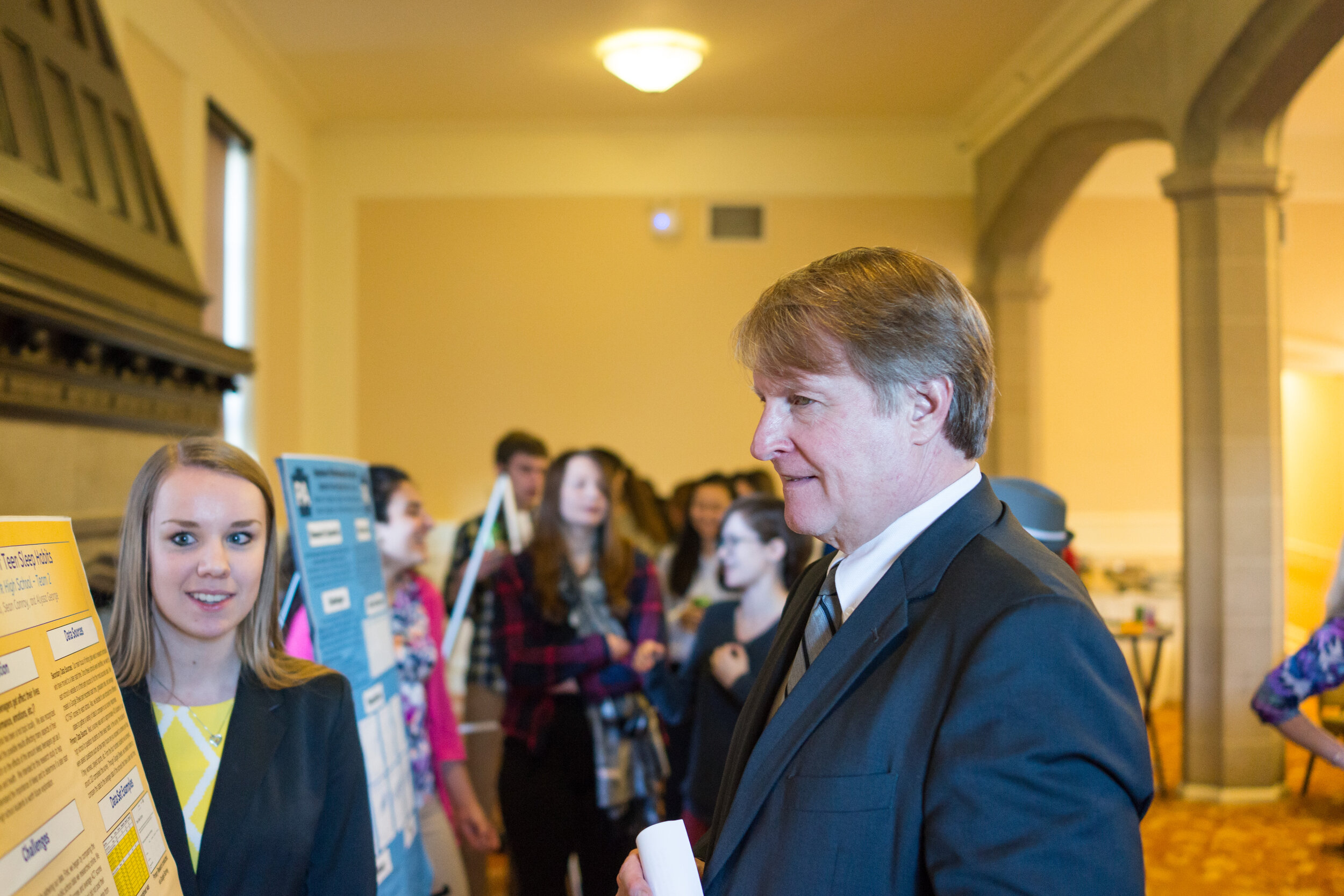
What We Do
Big Data Science is utilized everywhere, from the world of athletics to make play predictions by the opposing team during games, to Pandora Radio to categorize and play new songs the listener is likely to enjoy, to sequencing the Human Genome. Data has grown at a rapid rate over the last few years, further escalated as social media and smartphone use has increased exponentially. As a consequence, there is now a major shortage of analytic scholars to fulfill this rapidly growing need for data analytic positions. According to the U.S. Bureau of Labor Statistics, the national average growth rate for jobs is 5-8% yearly. However, a variety of occupations that require big data science are growing at a rate much faster than average, such as statisticians, with a growth rate of 34% per year. With the immense growth and utilization of big data in virtually all fields, it is becoming imperative that a wide variety of students become educated about how to visualize, analyze and draw conclusions from analyses of enormous sets of data. The DataJam was formed to develop new strategies for engaging high school students in the field of big data and encouraging them to obtain further education to participate fully in a data-driven world! The DataJam now offers programming for high school students “The Annual High School DataJam”, community college students “The Biannual Community College DataJam”, and middle school students “Middle School DataJam Days”.
The DataJam is a nonprofit organization that was formed by software scientists from IBM, Oracle, Teradata, and Iqvia and faculty from the University of Pittsburgh, Carnegie Mellon University and the joint Pitt-CMU Supercomputer Center to work together to develop and run the DataJam to inspire high school youth to enter the field of big data science. The central goal was to familiarize youth with the field of big data science and make them more aware of the role of big data in their everyday lives. As many companies and businesses rely heavily on big data and are helping shape the future using big data, the underlying concept was to build a pipeline of young people interested in and trained to participate in the big data science of the future. The DataJam started running a competition for teams from local high schools in the 2013-2014 school year and it has expanded every year, and now teams from across the country participate.
Ten Years of Introducing Youth to the Power of Data Science (2014-2024)
August 14, 2024
Read about the impact The DataJam has had on individuals who have participated (students, teachers, mentors), communities (schools, school districts, colleges & universities, business partners), and future data scientists! Track the national and international expansion of The DataJam, and learn about the ongoing activities that are strengthening The DataJam Community. The DataJam is impacting Access to Digital Skills for a wide diversity of youth. Learn how we hope to extend our mission “To grow communities of learners who use data, analysis, and critical thinking skills to better understand and impact the world around us” in the next ten years!
The High School DataJam
The High School DataJam is an academic competition for high school students and afterschool programs, like the Boys & Girls Clubs, which focuses on teaching about the use of big data to answer a research question. The program is set up in such a way that students usually work in teams of 3-8 students to formulate a research question, find publicly available data sets, analyze their data, make data visualizations, and present their findings to a panel of judges. Students learn skills pertaining to the scientific method, data analysis, and how to give scientific presentations. Schools can have multiple DataJam teams if they choose to.
The Fall of each academic year is a great time for teams to start forming and thinking about participating in the High School DataJam. A good way to get started is to view one of the two introductory videos “Introduction to the DataJam” or “DataJam Mentor Overview to the DataJam” that are available at the top of the DataJam page at pghdataworks.org. It is also very helpful for teams to view the video “A Walk Through The DataJam Website” that can be accessed both at the top of the DataJam page or the top of the Home Page. If teams or teachers have questions about the logistics of participating in the High School DataJam, just email datajam@thedatajam.org and ask for a zoom conference and we will meet with you and answer any questions you have.
New teams may want to join the online Slack workspace for the High School DataJam. This is a workspace on the web where teams have their own channel and can work on their project collaboratively when they are not all together. They can also message their High School DataJam mentor on the Slack workspace and get assistance when they need it. If your team wants to join the Slack workspace, each team member needs to have their parent fill out and sign a permission slip (found in the DataJam Guide Book that can be downloaded from the DataJam page). Email the permission slips to datajam@thedatajam.org.
During December and January teams need to submit a High School DataJam proposal that includes their research question, their hypothesis, and the datasets they plan to use to address their question. A template for the High School DataJam proposal is found in the High School DataJam Guide Book.
High School DataJam teams then work on analyzing their data until late March, at which point they turn in a poster describing the findings of their analysis and they give an oral presentation to a panel of judges. All teams have the opportunity to display posters of their project at a High School DataJam finale in late April. The week before the finale each team presents their project in an oral presentation on Zoom to a panel of High School DataJam judges. Awards are given for 1st, 2nd, and 3rd place, as well as for the Best New Team, and Best Presentation. All students receive a certificate of participation and a participation prize.
Community College DataJam
The Community College DataJam is a semester-long data science activity and competition, offered annually in both the Fall (Aug-Dec) & Spring (Jan-May) semesters to introduce, encourage and engage college students to learn about data science with a focus in any subject area they are interested in. DataJam’s goal is to help students successfully engage with the ways data is used everywhere to solve problems, and better understand social, economic and environmental aspects of our world. As with the High School DataJam, teams are able to choose their own topic to study and all teams are paired with a DataJam mentor, usually a university student, to provide individualized assistance to their team. Importantly, for college students their DataJam poster and presentation can be included in their college portfolio and provide compelling examples of a hands-on learning project they have been involved in that will be of interest to potential employers.
Middle School DataJam Days
Middle School DataJam Days are designed to introduce middle school students to the power of analyzing data to find answers to questions. They are half day workshops, run in person, in areas of the country where DataJam mentors are trained. Students work in groups with a mentor leading a session on a topic chosen to engage middle school students, such as “UFO Sightings”, “Shark Attack Locations”. The mentors come prepared to the workshop with data sets appropriate for addressing questions related to the topic. Students bring laptop computers to the workshop. Each group works together using google sheets and docs. Mentors guide students through developing specific research questions, developing hypotheses, choosing what analyses to do, guiding students through doing analyses and making data visualizations. At the end of the workshop each group gives a short presentation about their research findings.
Participating Middle Schools, High Schools, After School Programs & Community Colleges
Teams from forty three schools and afterschool programs have participated in the High School DataJam since 2016. Click a logo to learn more about a particular school or afterschool program.

The Board of Directors
The Board of Directors of The DataJam plays a crucial role in overseeing the organization and management of the annual DataJam competition. This team of eight members, including Beth Bauer, Judy Cameron, Catherine Cramer, Brian Macdonald, Devashish Saxena, Beth Schwanke, and Raja Sooriamurthi, is responsible for designing and continually updating the DataJam and its accompanying resources to ensure successful project implementation by participating teams. They are also involved in expanding the reach of the DataJam and the training of DataJam Mentors on a national scale, aiming to engage diverse communities across the country.

Beth Bauer
Beth Bauer is Vice President of The DataJam Board. Beth is founder and CEO of PosiROI, a consultancy focused on sustainable data-informed strategies, specializing in healthcare and life sciences. Beth has over 35 years guiding the building and structure of big data system integrity and data product innovation for scaled commercialization. She’s led large, advanced analytics teams at companies like Merck and IQVIA, innovating alongside her numerous Fortune 200 clients to generate billions in returns through data analytics. Beth holds a BS degree (psychology / professional writing, minor statistics) from Carnegie Mellon University and a MS degree (Applied Statistics) from Rutgers University. She also serves as Global Program Chair of HBA’s Women in Healthcare Giveback. In partnership with Carnegie Mellon University's CREATE Lab, Beth recently co-founded the Communities Connected initiative, aiming to bridge trust, knowledge, technology, and connection for local communities to improve their own health and wealth together.

Judy Cameron, Ph.D.
Judy Cameron is the Executive Director of The DataJam, a member of the Board of Directors for The DataJam, and a Professor of Psychiatry, Neuroscience, Behavioral & Community Health Sciences and Clinical Translational Science at the University of Pittsburgh. She has a long history of translating science to the public. She served as Director of Pitt Science Outreach from 2009-2019, which provided science education to more than 20,000 school age children and members of the public each year. She made a series of short films for PBS about the myths about mental illness, which first aired in 1995 and are still being aired today. She was a founding member of the editorial board for the public information website, BrainFacts. She teaches a college course that is telecast to universities around the country entitled “Using Big Data for Community Good” that trains college students how to be effective mentors for The DataJam.

Catherine Cramer
Catherine Cramer works at the intersection of data-driven science and learning as it pertains to the understanding of complexity and its application to data and network sciences. She develops tools and programs for the teaching and learning of complex network and data science, with a focus on underrepresented communities. She is a Rita Allen Foundation Civic Science Fellow at the Advanced Science Research Center at City University of New York. She is also Co-Lead of the Community Engagement Core for the Global Center on Climate Change, Water, Energy, Food, and Health Systems (GC3WEFH) in Jordan, working to provide access to data analytics education to diverse communities. Starting DataJam Jordan is one such initiative. She is a founder of the Network Literacy and Network Science in Education initiatives and is on the Board of the Network Science Society, and is co-editor of the Springer volume Network Science in Education.

Brian Macdonald
Brian Macdonald is President of The DataJam Board. He is a Data Scientist and Artificial Intelligence leader who has a 30-year history at Oracle helping the largest customers solve complex problems with a focus on how AI, Data Science and Data products can generate impactful business benefits. As the Leader for the North American Data and AI Center of Excellence, Brian takes a practical, focused approach based on Enterprise Architecture principals to ensure benefits are realized quickly while planning for future expansion and continuous improvement. Brian is also deeply involved in the Oracle Red Bull Racing Esports and Premier League technology platforms using data and AI to help explain and improve performance. Brian has spoken multiple times at Oracle Cloud World, Oracle User Groups, Carnegie Mellon, Harvard, and The University of Pittsburgh on various topics around AI, Data Science and Data Management. Brian co-authored the Oracle Big Data Handbook. Brian earned his master’s degree from Northwestern University and bachelor’s degree from Carnegie Mellon University.

Devashish Saxena
Devashish Saxena is a visionary executive and growth-focused leader with deep expertise in AI, ecommerce, and tech-enabled transformation. He has built and led global digital, marketing,and AI/ML teams that have driven more than $2B in digital revenue growth and AI use cases projected to unlock $200M+ in EBIT. Devashish has held digital and AI leadership roles at Texas Instruments, Premier Farnell, Rexel, PPG and most recently Imperial Dade – the last three as the company’s first CDO - spanning both public and PE-backed businesses across North America, Europe, and Asia-Pacific. His leadership blends commercial acumen, digital depth, and a human-centered approach to transformation. Devashish began his career in technology and strategy, with early roles at Nortel and A.T. Kearney during the dot-com era. He holds dual degrees in Computer Science and an MBA from the University of Texas at Austin. He was a Senior Advisor to AEA Investors, and is an adjunct faculty at Carnegie Mellon University. A frequent keynote speaker, he is passionate about helping organizations unlock growth at the intersection of people, data, and technology.

Beth Schwanke
Beth Schwanke is Secretary of The DataJam Board. She is the executive director of the University of Pittsburgh’s Institute for Cyber Law, Policy, and Security (Pitt Cyber), where she leads work on AI governance, cybersecurity workforce and education, and information ecosystems. Beth holds a JD from the University of Michigan School of Law. Beth previously practiced with the global law firm DLA Piper and led policy outreach efforts at the Center for Global Development in Washington, DC.

Raja Sooriamurthi, Ph.D.
Raja Sooriamurthi is a Teaching Professor with the Information Systems Program at Carnegie Mellon University, Pittsburgh. He is also the inaugural Program Director of the Decision Analytics and Systems (DAS) minor. He has been actively involved with DataJam as a member of the Board since its inception in 2013. Trained as a computer scientist with research in AI and Machine Learning, he has a varied academic background, having been a faculty member in computer science, business, and information systems departments. In addition to his work in AI/ML, he has explored a novel approach to teaching creative problem solvingtermed puzzle-based learning and has coauthored the book Guide to Teaching Puzzle-based Learning. Over the 30 years, his various pedagogical contributions have been recognized with several awards for teaching excellence.

Staff at The DataJam
The roles of Project Manager, Communications Manager and Web Designer, filled by Joey Stuter, Caiti Minihan and Lucas Troy, are crucial to the success and growth of The DataJam. The Project Manager ensures smooth operations, providing students with essential resources, mentorship, and industry connections to make data science accessible and engaging. The Communications Manager designs The DataJam communications strategies through an integrated combination of the website, newsletter and social media. Meanwhile, the Web Designer plays a key role in enhancing The DataJam’s online presence, developing user-friendly digital platforms, and leveraging data-driven insights to improve engagement. Together, these roles help expand The DataJam’s reach, making data science education more impactful for students worldwide and connecting them to the ever-growing world of professional data scientists. In addition, we have recently awarded a DataJam Fellowship to Brenda Li to assist as the Regional Manager for The DataJam Western Region.

Joey Stuter
Hello! My name is Joey Stuter, and I am the Project Manager for The DataJam. I manage the daily operations of The DataJam, as well as facilitating meaningful working relationships between student teams and their mentors and providing students with valuable resources and hands-on mentoring.
I graduated from the University of Pittsburgh with a B.A. in global music studies and minors in chemistry and Portuguese. Through this combination of studies, alongside extracurricular and volunteer work, I have built up strong backgrounds in multidisciplinary research methods, peer and student learning, and events coordination. I align very much with The DataJam’s mission of inspiring students to engage with a data-driven world, and I am excited to contribute to the organization’s growth!
Outside of The DataJam, I work with the University of Pittsburgh’s Varsity Marching Band as a volunteervideographer, and with Winchester-Thurston School as an after-school and substitute teacher.

Caiti Minahan
My name is Caiti Minahan, and I am the Communications Manager for The DataJam. With a background in Computer Engineering, I’m passionate about digital engagement, content creation, and using technology to connect people. Originally from Pittsburgh, Pennsylvania, I now live in Austin, Texas, where I enjoy jiu jitsu, running, making art, and spending time with my dog.
In my work, I focus on helping organizations define their brand identity, automate tasks, and grow their presence by engaging broader audiences. Looking ahead, I hope to continue supporting businesses and entrepreneurs in building meaningful connections with their communities while inspiring others to pursue their own ventures.

Lucas Troy
Hi! My name is Lucas Troy, and I am the Web Designer for The DataJam. I have a strong background in software engineering and data engineering, specializing in full-stack development, and cloud architecture. Data science plays a critical role in my work, from optimizing data pipelines and developing machine learning models to building intuitive analytics platforms. Currently, as a Data Engineer at EQT Corporation, I develop Python, R, RShiny and Dash applications, optimize Extract, Transform and Load (ETL) workflows, and integrate real-time data with business intelligence insight tools, such as Power Bi. Additionally, as the Principal Full-Stack Engineer at my company, TechVista Solutions, I design and develop professional websites while leveraging analytics and managing social media to enhance user engagement. I started working with The DataJam as their Website Designer while I was in college at the University of Pittsburgh, and I’m excited to continue with The DataJam as it expands into the future!
Looking ahead, I see myself taking on a leadership role in data engineering or software engineering. Whether scaling real-time analytics in the energy sector, leading cloud-based data teams, or launching a Software-as-a-Service (SaaS), I want to continue bridging the gap between software engineering, data science, and business intelligence.

Yiqing (Brenda) Li
Hi, my name is Yiqing (Brenda) Li, and I’m the Regional Manager for California. I primarily support DataJam students and oversee DataJam operations across the state. With a background in computer science and technical program management, I bring both technical and organizational skills to this role. In my day-to-day responsibilities, I develop the Data in Action curriculum, which enables student participants to conduct business analytics for local businesses. I also manage expense requests, support mentors, and coordinate school visits for SoCal DataJam participants.
Outside of DataJam, I am a PhD student at the Halıcıoğlu Data Science Institute at UC San Diego. My research focuses on computing education, where I build tools that integrate evidence-based psychological interventions to promote effective study behaviors and improve academic outcomes.
How Data Professionals Can Get Involved
At the DataJam, industry professionals play a crucial role in inspiring and guiding the next generation of data scientists. Your support directly impacts the educational experiences of high school and community college students, fostering their interest in data science and preparing them for future careers. By supporting DataJam, you engage with a diverse community of educators, students, and industry professionals, fostering collaboration and knowledge sharing. Your contribution fuels innovation in data science education, empowering students to tackle complex challenges and develop creative solutions using big data analytics. There are several ways you can support DataJam and make a meaningful impact!
Judge the Competition
Become a judge for DataJam competitions and help evaluate projects developed by high school and community college students. Your expertise and insights will contribute to recognizing and rewarding innovative solutions and exceptional analytical skills among young participants.
Host a Field Trip
Open your doors and host a field trip at your place of business. Show students firsthand how big data is applied in real-world settings. This immersive experience can spark curiosity, inspire learning, and provide valuable exposure to industry practices. We like to offer field trips for all teams winning DataJam awards after the DataJam Finale each year. For these special field trips we like to arrange for the teams to present their 10-minute final presentation to the industry professionals.
2023 Google Visit North Allegheny Team 1
Donate and Pledge your Financial Support
Consider making a monetary donation to DataJam or pledging a yearly contribution. Your financial support enables us to continue organizing competitions, providing resources to participants, and expanding educational initiatives in big data science.
If you're interested in supporting DataJam through donations of money or time, please reach out to us at datajam@thedatajam.org. We welcome contributions at all levels and appreciate your commitment to empowering the next generation of data-driven innovators.
Join us in shaping a brighter future through data science education. Together, we can inspire, educate, and empower young minds to excel in the dynamic world of big data.
Partners and Sponsors
PPG and the PPG Foundation
A Pittsburgh company since 1883, PPG is a global supplier of paints, coatings, optical products, and specialty materials. Through leadership in innovation, sustainability and color, PPG helps customers in industrial, transportation, consumer products, and construction markets and aftermarkets to enhance more surfaces in more ways than does any other company. Like many companies PPG is using data science to fuel a digital transformation, providing inspiration and a realistic view of careers for the DataJam students. The PPG Foundation provided funding in 2019-20, helping the DataJam to shift to a virtual format in response to COVID-19.
NorthEast Big Data Innovation Hub
The DataJam is proud to be a collaborator of the Northeast Big Data Innovation Hub (Northeast Hub). The mission of the Northeast Hub is to build and strengthen partnerships across industry, academia, nonprofits, and government to address societal and scientific challenges, spur economic development, and accelerate innovation in the national big data ecosystem. The Northeast Hub is a community convener, collaboration hub, and catalyst for data science innovation in the Northeast Region. The Hub amplifies successes of the community, and shares credit across the community to encourage collaboration and mutual success in data science endeavors. The Northeast Hub region includes the states of Connecticut, Maine, Massachusetts, New Hampshire, New Jersey, New York, Pennsylvania, Rhode Island and Vermont.
The Math & Science Collaborative
The MSC is a program of the Allegheny Intermediate Unit that focuses on STEM education. The MSC brings innovative and effective approaches in curriculum and instruction to the region, preparing educators to support all students for work and career in the 21st century. It was formed in 1994 by a regional “congress” of stakeholders and reaches out to more than 135 public and non-public schools/districts in Allegheny, Armstrong, Beaver, Butler, Fayette, Greene, Indiana, Lawrence, Mercer, Washington, and Westmoreland counties. The MSC helped promote the DataJam to its member school districts this past year and identified joint opportunities to work together in the future.
Pitt Cyber Institute
The University of Pittsburgh Institute for Cyber Law, Policy, and Security provides a unique interdisciplinary environment for tackling cyber challenges. They bring the breadth of one of the world’s leading public research universities to bear on the critical questions of networks, data, and algorithms, with a focus on the ever-changing gaps among law, policy, and technology. Their collective of legal, policy, and technical researchers engages with policymakers and industry to create both actionable proposals to address current demands and fundamental insights to understand the future as it arrives. DataJam is teaming with Pitt Cyber to bring issues of data ethics and security into the program for the students to consider as part of their research.
The DataJam Board of Directors is supported by their home institutions, all of which have major education, research and development programs in Big Data, Data Analytics, and Data Science:
University of Pittsburgh
The University of Pittsburgh is a state-related research university. Founded in 1787, Pitt is one of the oldest institutions of higher education in the United States. Pitt people have defeated polio, unlocked the secrets of DNA, lead the world in organ transplantation, and pioneered TV and heavier-than-air flight, among numerous other accomplishments.
Carnegie Mellon University
Carnegie Mellon University is a private, global research university, Carnegie Mellon stands among the world's most renowned educational institutions, and sets its own course with cutting-edge brain science, path-breaking performances, innovative start-ups, driverless cars, big data, big ambitions, Nobel and Turing prizes, hands-on learning, and a whole lot of robots.
Pittsburgh Supercomputing Center
Pittsburgh Supercomputing Center is a joint partnership with Carnegie Mellon University and the University of Pittsburgh. Established in 1986,
PSC advances the state of the art in high-performance computing, communications and data analytics and offers a flexible environment for solving the largest and most challenging problems in data and computational science to scientists and engineers nationwide for unclassified research.
San Diego Supercomputer Center (SDSC)
The San Diego Supercomputer Center (SDSC) at UC San Diego is a leader in high-performance and data-intensive computing and cyberinfrastructure. Cyberinfrastructure refers to an accessible, integrated network of computer-based resources and expertise, focused on accelerating scientific inquiry and discovery.
SDSC provides resources, services and expertise to the local, regional, and national research community, including industry and academia. It supports hundreds of multidisciplinary programs spanning a wide variety of domains. SDSC was founded in 1985 with a $170 million grant from the NSF Supercomputer Centers program.
SDSC's history includes pioneering advances in data storage and cloud computing, from which have emerged several Centers of Excellence in the areas of large-scale data management, predictive analytics, health IT services, workflow automation and internet analysis.
PosiROI
With 30+ years working to identify, qualify and mine data, analytics and insights across the pharmaceutical and healthcare landscapes, we've been creating both small and scaled value solutions for our customers before most people knew the term Big Data. We work with our customers to understand the complexities and challenges they are facing. Then we work together to develop the business outcome-aligned data, analytic and technology strategies needed to accelerate and enable value today, while building the foundations and modern curation needed for sustainability.
We work with you to reveal win-win 360° customer value stories using your fit-for-purpose data, at scale. If you are not able to execute and quantify business impact, then all this data, research and insights, and all those data science dollars – appear as cost, instead of value.
We are collaborating with the DataJam to help with expansion in data education for all, and share the variety of exciting consultative data careers that make an impact on our world and our future.
Woods Hole Institute
The Woods Hole Institute (WHI) is a 501(c)3 non-profit that helps connect people and ideas among disciplines through a wide range of experiences such as colloquia, seminars, retreats, workshops, performances, and installations. WHI focuses on a range of topics including:
Complexity: Addressing the daunting problems we now face as a species requires valuing complexity as a framework for addressing humanity’s wicked problems.
Convergence: Addressing 21st century problems will take the collective minds of all of us. Converging the disciplines of science and valuing and working together across the social and physical sciences as well as the arts and humanities is going to be how we create a future for all of us.
Sustainability and Resilience: In order to create communities that are adaptive to extreme environmental events and serve all its members in ways that can function in perpetuity, we must rethink our relationship to the places we live and work. This will only happen with deep engagement, understanding what matters, knowing what it means to be part of a dynamic system, and working together to create healthy and equitable ways of living.
Emergence: With even the best minds and tools of science and engineering, we can’t always predict what happens next. But we can be prepared to expect the unexpected. With the rapidly changing climate, stresses on food systems, and increasing destruction of wildlands, we have to anticipate the next superstorm, the next pandemic, or the next dramatic change in climate and be willing to have plans to respond to something big.
West Big Data Innovation Hub (WBDIH)
The West Big Data Innovation Hub is an inclusive community for catalyzing and scaling data science for societal needs. Our mission is to build and strengthen partnerships across academia, industry, nonprofits, and government—connecting research, education, and practice to harness the data revolution.
With a focus on thematic ‘verticals’ such as metro/urban data science, and natural resource management, especially water, as well as cross-cutting ‘horizontals’ such as open science, workforce development, and data ethics, the West Hub enables creative cross-pollination and resource-sharing.
Fueled by outcomes-focused partnerships, the West Hub facilitates the development of collaborative pilot projects addressing regional needs, while connecting and scaling efforts as part of a larger global network. The WBDIH connects, convenes, curates, and communicates across our network with an emphasis on enabling interoperable, scalable, and sustainable solutions.








